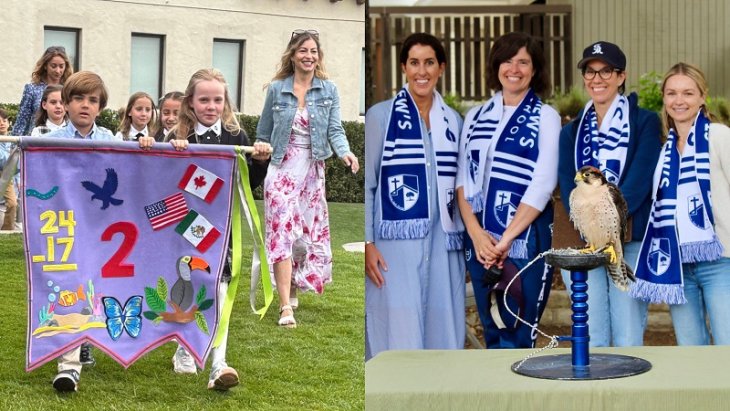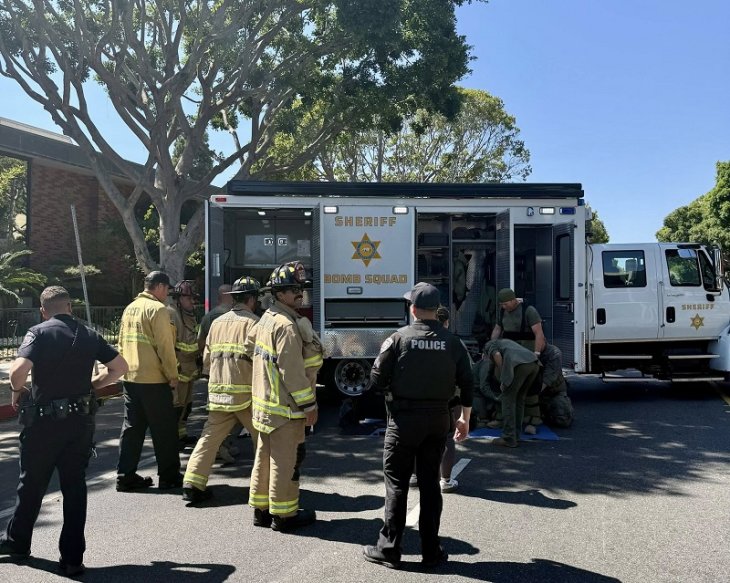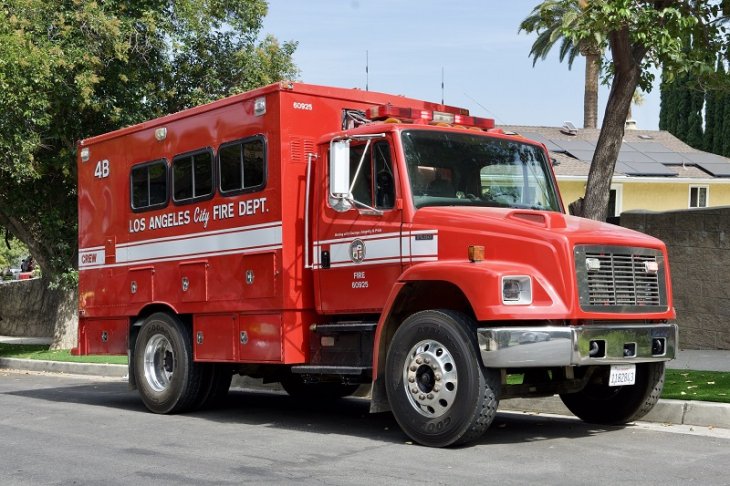For the second year in a row, the Culver City Unified School District has earned the Best Communities for Music Education designation from The NAMM Foundation for its outstanding commitment to music education.
Now in its 22nd year, the Best Communities for Music Education designation is awarded to districts that demonstrate outstanding achievement in efforts to provide music access and education to all students.
To qualify for the Best Communities designation, CCUSD answered detailed questions about funding, graduation requirements, music class participation, instruction time, facilities, support for the music program and community music-making programs. Responses were verified with school officials and reviewed by The Music Research Institute at the University of Kansas.
“This is an incredible honor and recognizes the incredibly hard work our teachers, staff, students and community have put into making sure music not only lives in our schools, but also plays a starring role in learning of all kinds,” said Heather Moses, CCUSD’s Arts Coordinator. “At a time when many schools – public and private – struggle to keep their music education programs alive, this recognition makes it clear that CCUSD is a place where music education is valued and supported.”
Superintendent Leslie Lockhart said she is proud of the district’s commitment to the arts.
“We have an outstanding music program, starting with our elementary schools and culminating with our award-winning Academy of Visual and Performing Art (AVPA),” she said. “Music positively impacts a child’s academic performance, assists in developing social skills, and provides an outlet for creativity that is crucial to a child’s development.”
Moses echoed those thoughts.
“We know that music can play an important role in learning about math, literature and many other disciplines and that it is a fantastic way to engage students,” Moses said. “I am proud to be part of a district that understands the pivotal role music can play in connecting with students of every ethnicity, race and socio-economic background. It is truly the universal language.”
Research into music education continues to demonstrate educational/cognitive and social skill benefits for children who make music: After two years of music education, researchers found that participants showed more substantial improvements in how the brain processes speech and reading scores than their less-involved peers and that students who are involved in music are not only more likely to graduate high school, but also to attend college as well. Everyday listening skills are stronger in musically trained children than in those without music training.
Significantly, listening skills are closely tied to the ability to: perceive speech in a noisy background, pay attention, and keep sounds in memory. Later in life, individuals who took music lessons as children show stronger neural processing of sound: young adults and even older adults who have not played an instrument for up to 50 years show enhanced neural processing compared to their peers. Not to mention, social benefits include conflict resolution, teamwork skills, and how to give and receive constructive criticism.
For more information about CCUSD’s music programs and ways in which students benefit, please contact Moses at heathermoses@ccusd.org.





















